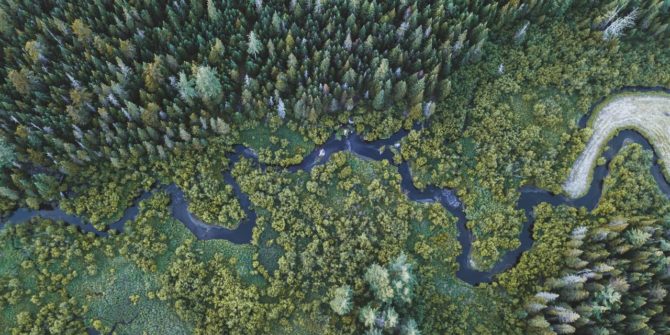
Are you new to working remotely with Target?
Here are the best practices for staying productive and connected. Worried about data usage on your local network? Target only requires an internet connection when logging
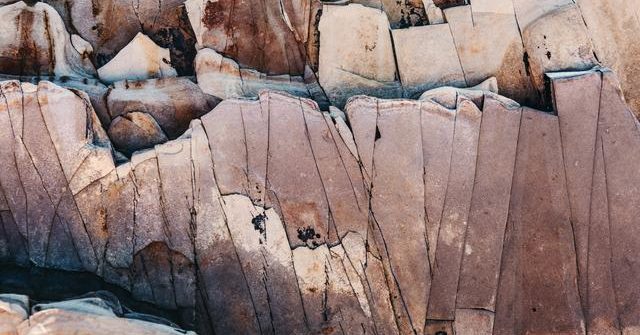
Are you new to working remotely with Leapfrog Geo?
Here is the best practice for staying productive and connected Worried about data usage on your local network? Leapfrog only requires an internet connection when
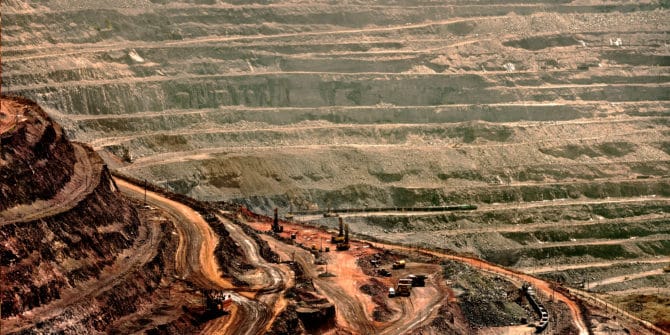
Are you new to working remotely with Target for ArcGIS Pro?
Here are the best practices for staying productive and connected.
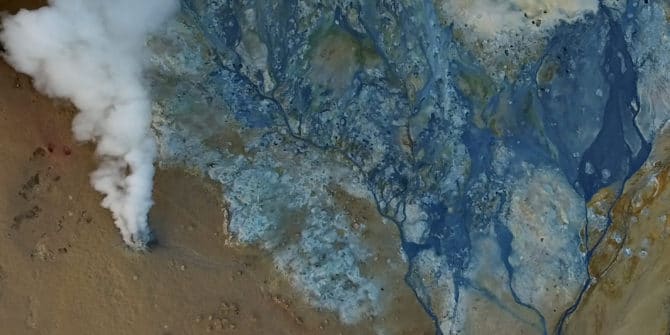
Are you new to working remotely with Leapfrog Geothermal?
Here is the best practice for staying productive and connected Worried about data usage on your local network? Leapfrog only requires an internet connection when
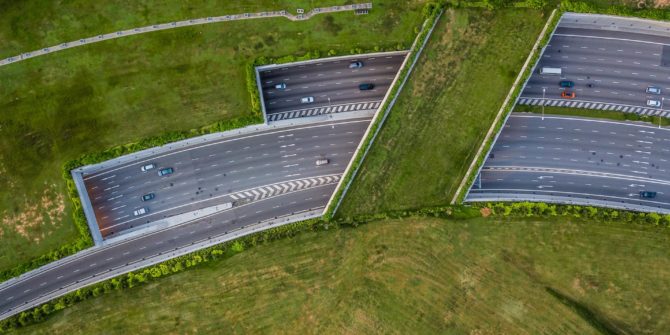
Are you new to working remotely with Leapfrog Works?
Here is the best practice for staying productive and connected Worried about data usage on your local network? Leapfrog only requires an internet connection when
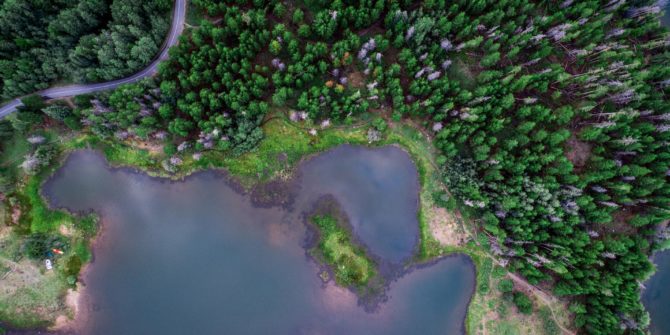
Are you new to working remotely with Oasis montaj?
Here are the best practices for staying productive and connected. Worried about data usage on your local network? Oasis montaj only requires an internet connection when logging in or signing out. Therefore,
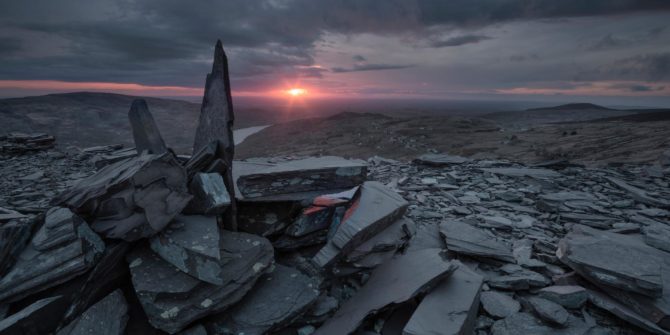
How Central helps teams work remotely in Mining & Minerals
Presented by Janina Elliott – Global Central Technical Lead
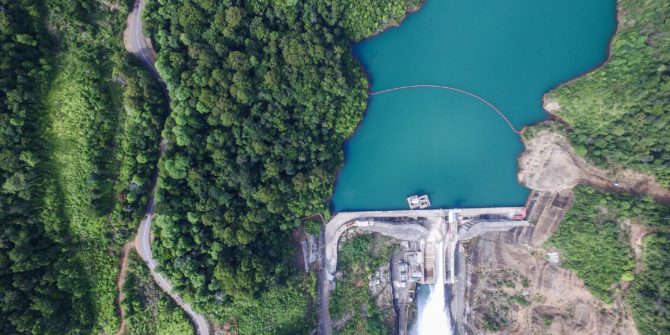
How Central helps teams work remotely in Civil & Environmental Industries
Presented by Gary Johnson – Customer Solution Specialist, C&E




